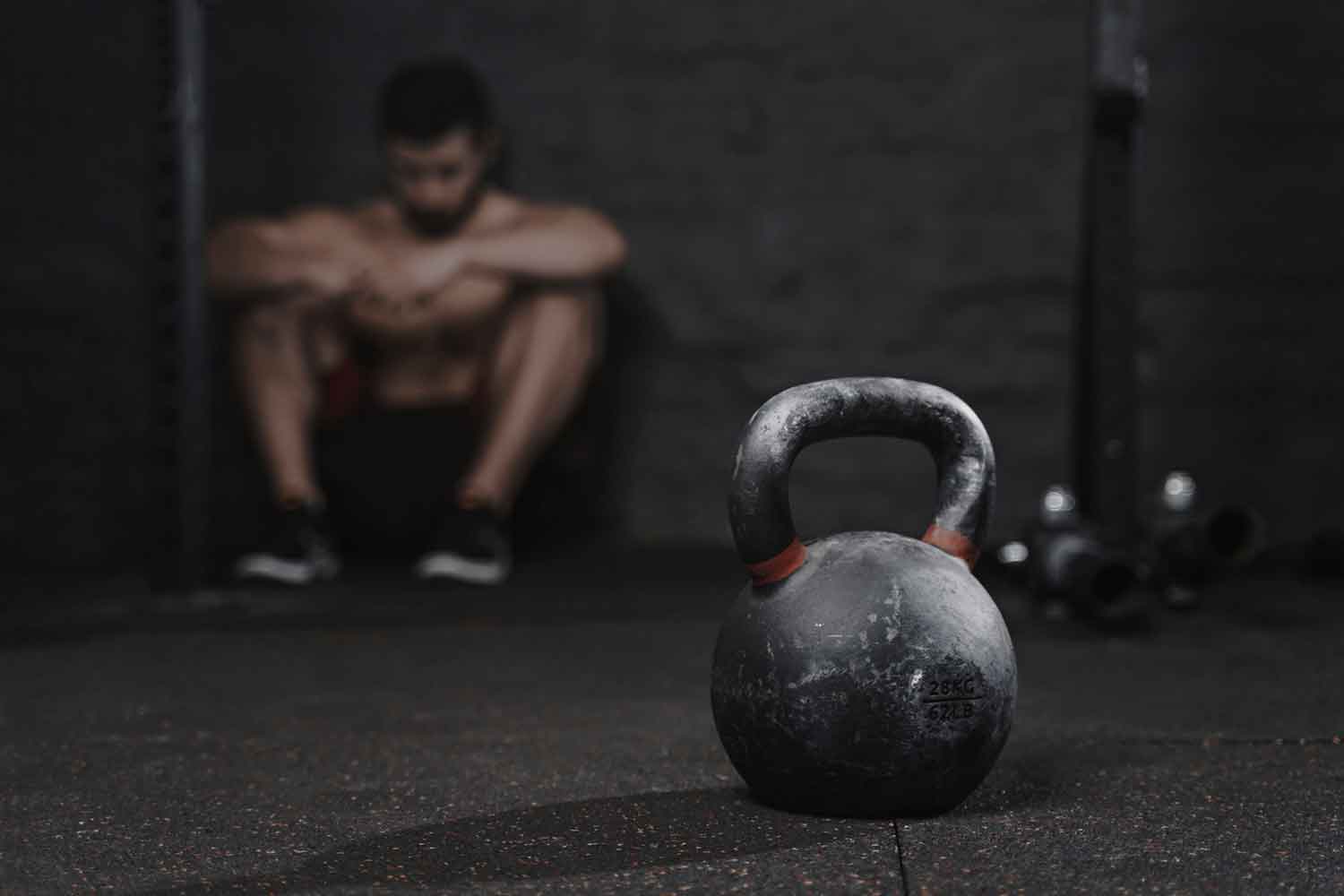
After seeing quick muscle gains the first few months of working out, you’ll inevitably hit a plateau. This happens to everyone and should be expected, since your first gains come as you establish your neuromuscular connections and learn how to perform exercises the right way. This doesn’t mean you need to drastically alter your workout or diet—but should make some changes to get over the hump, so your body can start building more muscle.
Jeff Cavaliere, C.S.C.S., creator of Athlean-X, recently posted a video detailing seven reasons why you might hit a training plateau and struggle to gain strength and muscle, along with ways to jumpstart that muscle growth again. “Strength gains are harder to come back as you get more experience, but that doesn’t mean you should stop chasing them,” he says.
According to Cavaliere, the first reason you might plateau is because you stopped pursuing strength gains. “In good form, you still want to try to progressively overload.” When you started working out, you were likely adding 25 pound plates to your bench every week. Just because you can’t add that much weight that doesn’t mean you should stop adding weight altogether. “Don’t discredit the value of a 2.5 pound plate,” he says. “It can provide that necessary impetus to get over the hump and to get those gains kickstarted again.”
The second reason you’re struggling to maintain gains is because “strength became your only focus.” Cavaliere continues, “You have to train for hypertrophy. You have to train for conditioning. You have to train for these other elements.” He notes that whatever you decide to do, make sure it’s a plan where everything goes together—not random exercises you put together without reason.
The third reason your gains have stopped may have to do with your diet. Your nutrition needs to change over time. Even if you’re eating perfectly clean, you may need to up the amount of protein and calories you eat daily to sustain your new muscle growth. “There always has to be some form of adjustment period made to your nutrition if you want to continue to make those gains,” he says.
RELATED: 8 Things To Avoid If You’re Trying To Gain Muscle After 40
Reason four has to do with the quality and length of your sleep. “We know that the amount of good quality sleep is really correlated directly with the amount of gains that you can make at the gym.” For most people, if you’re not getting enough quality sleep, your body won’t be able to rest, recover, and build muscle.
Reason five has more to do with how you view your progress and what you want from your workouts. Cavaliere wants you to “check your expectations.” Your gains are going to slow down, and that’s normal. If you’re under the impression that after a year of working out, you’re going to make the same gains you made the first month of working out, then you are seriously misinformed and need to change your expectations.
Reason six is that you’re just not training hard enough. “The best way to gain muscle is to increase your effort level every single time—to push as if it’s the only set you’re going to do and force your body into new growth,” he says.
RELATED: 5 Early Warning Signs You’re Not Building Muscle, And What To Do About It
The final reason you might not be seeing gains is because you’ve overlooked the value of mind-muscle connected training. “Have you focused on what you’re doing in the exercises that you’re performing?” Cavaliere asks. “Have you tried to focus on the quality of every contraction?” This will cause fewer reps and less weight, but that’s okay. That’s actually good, and the strategy will be one thing to help you break your plateau.
This article originally appeared on Men’s Health













